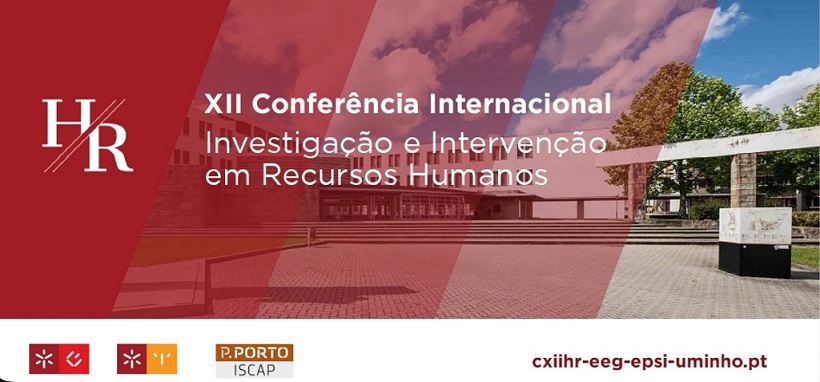Employee training experience: insights into positive and negative perceptions
DOI:
https://doi.org/10.26537/iirh.vi12.6041Palavras-chave:
Employee Training Experience, Organisational Training, Training Programs, Learning, DevelopmentResumo
In modern organizations, employee training has become an essential element in promoting skill development and professional growth. This study investigates the "employee experience" framework with a focus on the employee training experience, aiming to understand how workers perceive their training and to identify factors contributing to both positive and negative outcomes. By exploring these factors, the research provides valuable insights for designing training programs that align with employee needs and organizational objectives.
The "employee experience" refers to the sum of interactions between an employee and their organization, encompassing various touchpoints from recruitment to exit. Within this framework, training plays a crucial role in shaping employee perceptions, influencing their emotional and cognitive engagement with the learning process. Key elements include the quality of training content, pedagogical strategies, and the skills of the trainer, all of which affect the overall learning experience (Kaye & Jordan-Evans, 2003). This study draws on qualitative research to explore how employees describe their training experiences, with the goal of providing a holistic understanding of what constitutes effective workplace learning.
The research utilized a qualitative approach, conducting two complementary studies. The first involved an open-ended questionnaire survey with 601 active professionals, designed to capture broad insights into their training experiences across various organizations. The second study comprised in-depth interviews with 15 workers, allowing for a deeper exploration of specific experiences.
This dual approach enabled the researchers to gather both wide-ranging and detailed data. The questionnaire highlighted general trends and common themes, while the interviews offered more nuanced perspectives on individual experiences. This method is consistent with best practices in qualitative research, allowing for a comprehensive analysis of complex phenomena (Creswell & Poth, 2016).[...]
Downloads
Publicado
Como Citar
Edição
Secção
Licença

Este trabalho encontra-se publicado com a Licença Internacional Creative Commons Atribuição-NãoComercial-SemDerivações 4.0.


